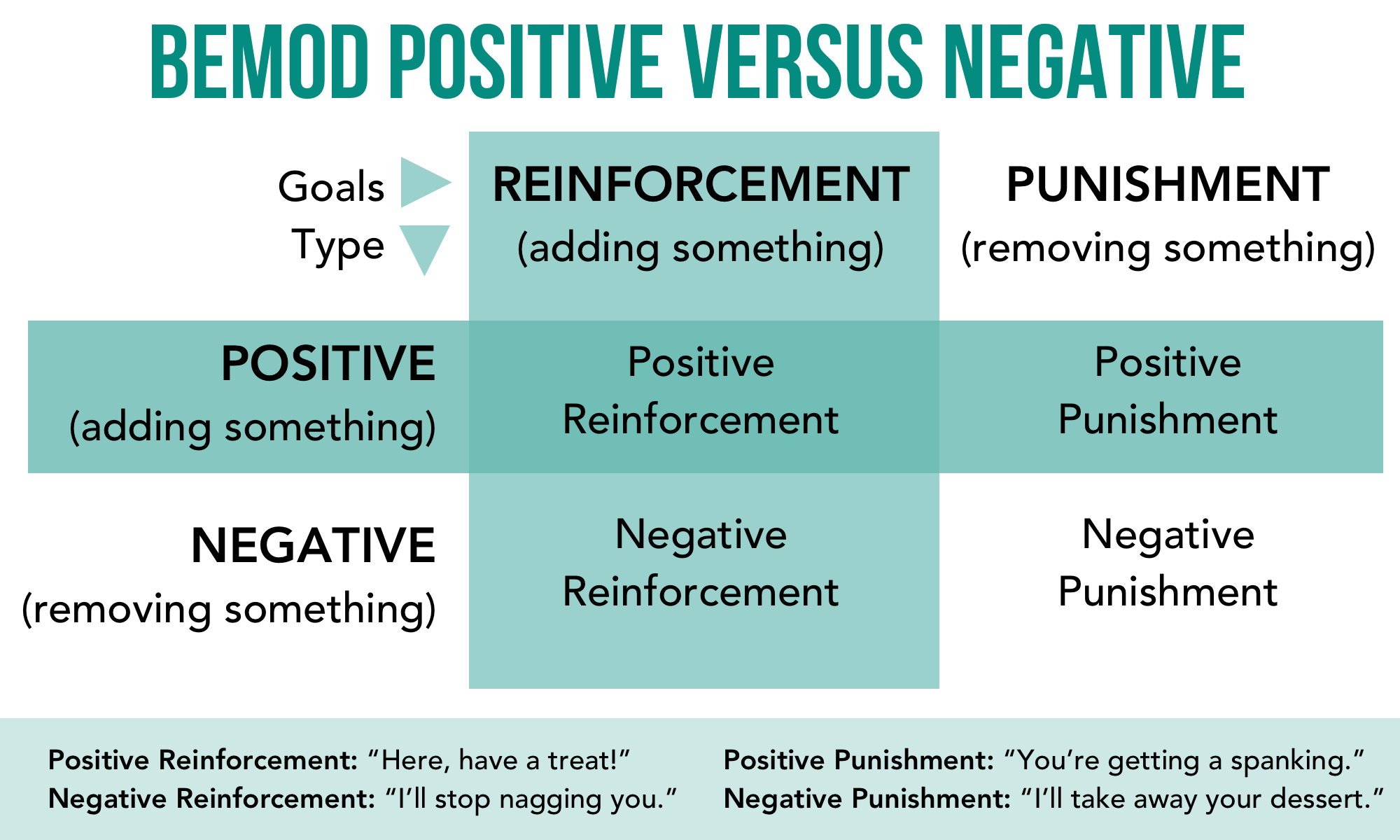I speak about Behavior Modification quite a bit, and I joke that the key to understand about it is that it happens whether you intend it to or not.
Read more here: Behavior Modification: It Happens (Exercise 11)
However, happening naturally, as you and your partner(s) yourselves to each other is quite different from intentional manipulation.
And when I say “manipulation,” I mean BeMod with intent, not necessarily malice. There are many GOOD reasons to manipulate a situation or a person, just as there are selfish, controlling and harmful ways.
However, no matter the good intentions, ethics say if it’s done intentionally, you MUST have consent.
And, as I’ve said many times, consent it made up of several parts:
1. It must be enthusiastic. Not just “Ok,” but “Fuck Yeah!”
2. It must be informed. The subject needs to understand what they are agreeing to, the potential risks as well as the rewards AND the skill level/experience of the top/dominant/controlling partner.
3. It must be competent. The subject must be of sound mind and not in an altered state.
4. It must be able to be rescinded. The subject must be able to take back their choice at any time.
Let’s Look at these a bit, because they are important, and when it comes to Behavior Modification, each little piece is critical, as the effects of your work/play can last a lifetime—for good or ill.
Enthusiasm
I think we all understand this one. We are NOT trying to talk anyone into something. We are working together excitedly to create an experience.
Informed
Behavior Modification is a very powerful thing, when done correctly.
VERY POWERFUL.
Ever had a habit that you wanted to break? Smoking, maybe? Snacking on the wrong foods? Biting your nails? Masturbating?
You remember how hard it is to break that habit? If you have? (LOL!) Well, good BeMod (Behavior Modification) is the same way. It STAYS.
That means, if you train someone to orgasm only at YOUR command, and you are hit by a bus, they may never be able to orgasm for anyone again (including themselves), or they are likely (at least) to have a long road of breaking that conditioning.
Competent
Sober. In their right mind. Not in the grip of sexual frenzy. Not coerced.
Simple. And important.
Rescinded
Take-backsies. They must be able to release themselves from consent.
ANNNNND here is where it gets REALLY tricky. Because habits. And habits are hard to break, Mmmkay?
So, this is a fine line.
An ethical BeMod practitioner will work with people to make them better and stronger within themselves, to give them the choice of power over their own lives.
That is not always possible, or desirable in certain relationship dynamics. However, like consensual non-consent, this is something that must be discussed and the possible ramifications MUST be understood.
There is a group focusing on orgasm conditioning with some horror stories that can show excellent examples of why care should be taken:
Orgasm Control and Conditioning for Women ONLY (FetLife Link, requires login)
And a discussion here that goes deeper into the subject, and has quite a few comments:
Conditioning (FetLife Link, requires login)
When I do what I do, I put as much of the power into my subject as possible, explaining what I’m doing, how to do it themselves, and working with them on what to do if they ever don’t want it.
Even that is not a perfect solution.
It’s the one I have.
Thoughts? Experiences?
What are your thoughts on this topic? Have you any experiences—positive or negative—to share of behavior modification?









